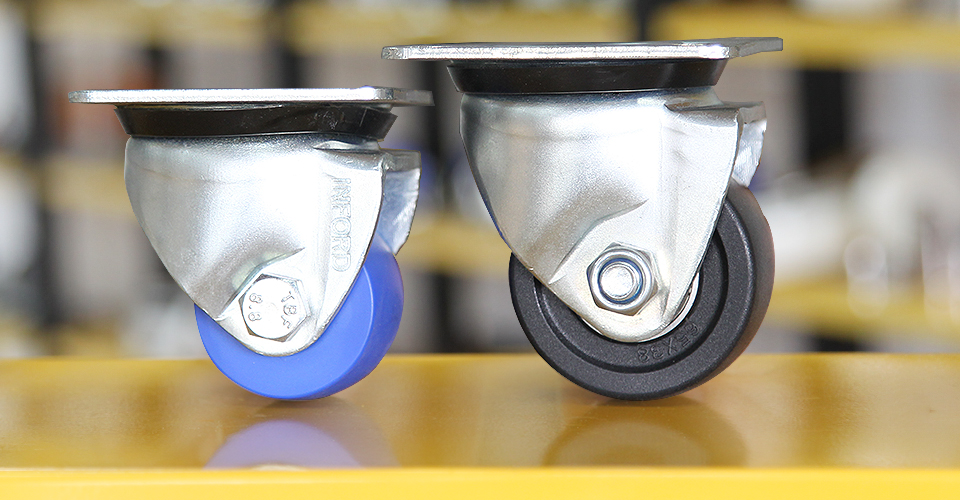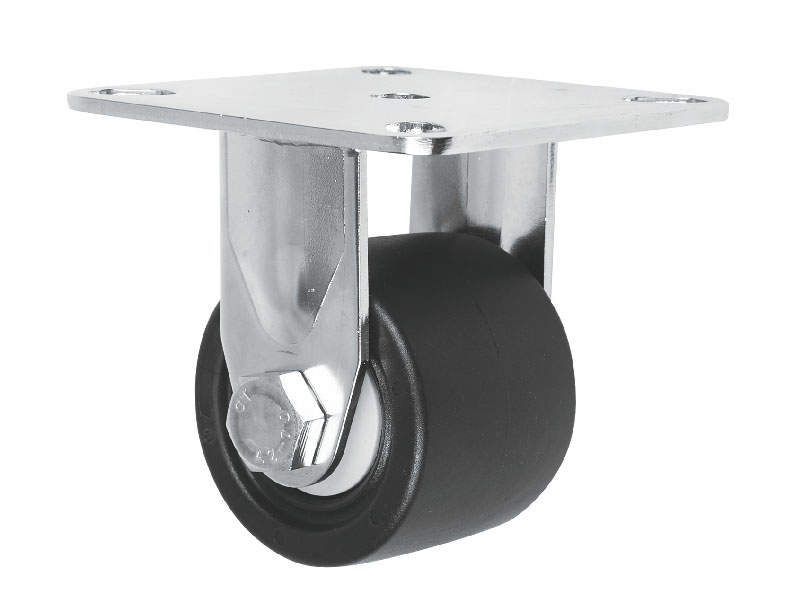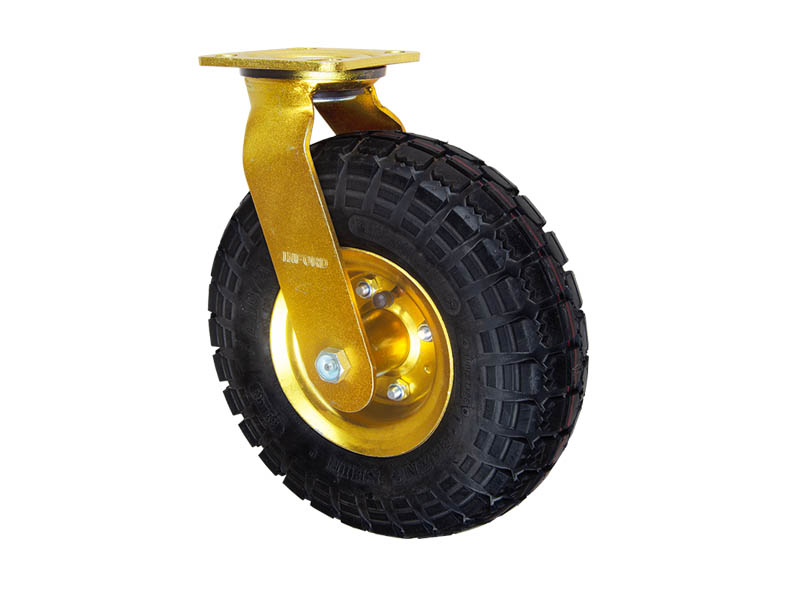In the realm of industrial equipment and material handling, the role of casters cannot be overstated. Specifically, rigid heavy duty casters play a vital role in ensuring seamless mobility and stability across various industrial environments. Let’s delve into what makes these casters indispensable in industrial settings.
Definition of Rigid Heavy Duty Casters
Rigid heavy duty casters are robust wheels mounted on a rigid frame, designed to support substantial loads and provide stable directional movement. These casters are typically constructed with durable materials like steel or high-grade polymers to withstand rigorous industrial use.
Importance of Casters in Industrial Settings
Industrial facilities rely heavily on efficient material handling equipment to streamline operations and enhance productivity. Rigid heavy duty casters enable the smooth transportation of heavy loads and equipment within factories, warehouses, assembly lines, and other industrial environments.
Key Features of Rigid Heavy Duty Casters
When selecting casters for industrial applications, certain features are essential to ensure optimal performance:
Load Capacity: Rigid heavy duty casters are engineered to handle heavy loads, often ranging from hundreds to thousands of pounds, without compromising stability or maneuverability.
Durability and Material: Casters crafted from robust materials such as forged steel or high-impact polymers are durable and resistant to wear, ensuring longevity even in harsh working conditions.
Swivel Locks: Some models come equipped with swivel locks, allowing users to convert swivel casters into rigid ones to provide straight-line movement when necessary.
Bearing Type: Quality casters incorporate precision bearings to facilitate smooth rolling and reduce friction, contributing to effortless mobility.
Applications of Rigid Heavy Duty Casters
The versatility of rigid heavy duty casters makes them indispensable across various industrial sectors:
Manufacturing and Assembly Lines: Casters are integral in moving heavy machinery, equipment, and components along assembly lines, enhancing operational efficiency.
Material Handling: From transporting raw materials to finished goods, casters facilitate the seamless movement of goods within production facilities and distribution centers.
Automotive Industry: Casters play a crucial role in automotive manufacturing, enabling the movement of vehicle components and facilitating efficient workflow.
Warehousing and Distribution Centers: Casters are essential for maneuvering heavy pallets, racks, and carts, optimizing storage and retrieval processes.
Choosing the Right Rigid Heavy Duty Caster
Selecting the appropriate caster depends on several factors to ensure optimal performance and longevity:
Weight Capacity Considerations: Evaluate the maximum load requirements to select casters capable of safely supporting the intended weight.
Floor Conditions: Consider the type of flooring (e.g., concrete, tile, or carpet) and the impact it may have on caster performance and durability.
Environment and Exposure: Assess environmental factors such as temperature variations, moisture levels, and exposure to chemicals to choose casters resistant to corrosion and degradation.
Mobility Requirements: Determine whether swiveling or rigid casters are needed based on maneuverability needs and operational constraints.
Water resistance rigid heavy duty caster
Benefits of Using Quality Rigid Heavy Duty Casters
Investing in high-quality rigid heavy duty casters offers several advantages:
Improved Safety: Sturdy casters enhance stability, reducing the risk of accidents and injuries associated with material handling.
Enhanced Efficiency: Smooth-rolling casters improve workflow efficiency by facilitating the swift movement of goods and equipment.
Reduced Maintenance Costs: Durable casters require minimal maintenance and replacement, resulting in cost savings over time.
Long-Term Reliability: Quality casters deliver consistent performance and durability, ensuring reliable operation in demanding industrial environments.
Conclusion
In summary, rigid heavy duty casters are indispensable components in industrial applications, offering robustness, reliability, and efficiency in material handling operations. By understanding their key features and applications, businesses can make informed decisions to optimize their operational processes and enhance productivity.







